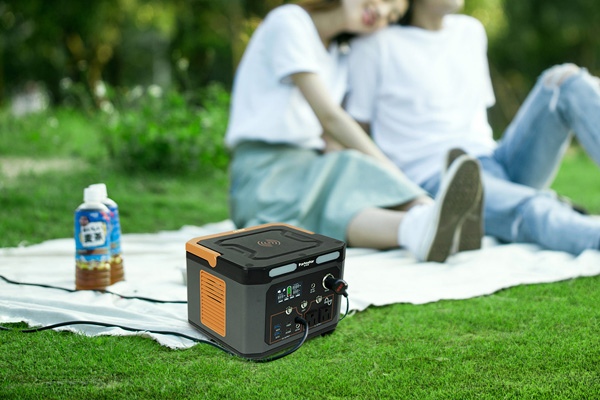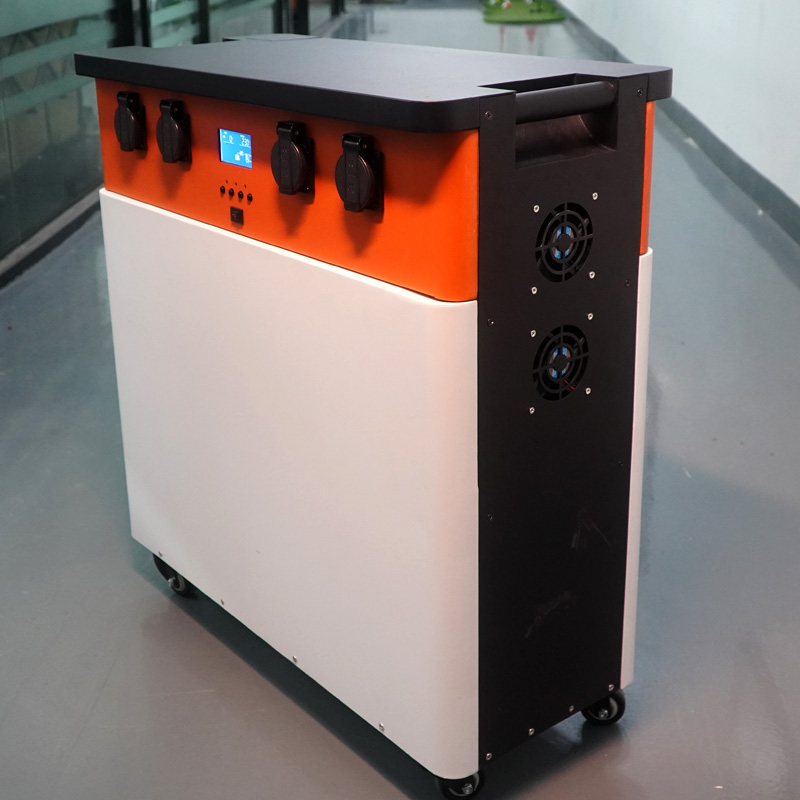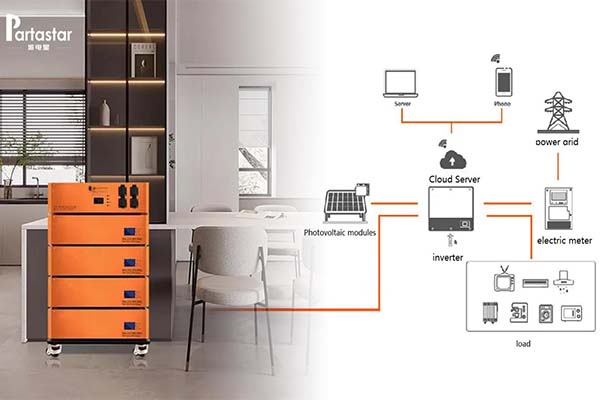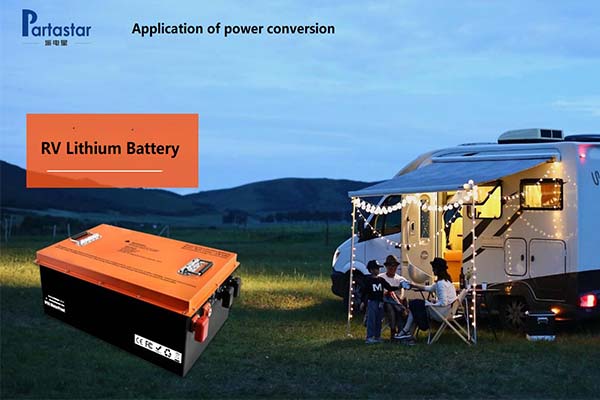lithium battery power stations have become increasingly popular in recent years as a reliable source of power for outdoor activities,off-grid living,and emergency situations.One question that often arises is whether a lithium battery power station can power a whole house.In this article,we'll explore whether a lithium battery power station can power a whole house and what factors you should consider when deciding whether to use a lithium battery power station as a backup power source for your home.
What is a lithium battery power station?
A lithium battery power station is a battery-powered device that's designed to provide power for small electronics and appliances.lithium battery power station typically include a battery,an inverter to convert DC power to AC power,and outlets to plug in devices.
Can a lithium battery power station Power a Whole House?
The short answer is that it depends on the specific model of the lithium battery power station and the power requirements of your home.lithium battery power stations are designed to power small electronics and appliances,such as laptops,smartphones,and small kitchen appliances.They are not designed to power high-power appliances,such as air conditioners,refrigerators,or electric water heaters,which require a lot of power.
To determine whether a lithium battery power station can power your whole house,you'll need to consider the power requirements of your home and the capacity of the lithium battery power station.You can calculate the power requirements of your home by adding up the wattage of all the appliances and electronics that you want to power.Once you know the total wattage,you can compare it to the capacity of the lithium battery power station to determine whether it can provide enough power.

Factors to Consider When Using a lithium battery power station as a Backup Power Source
If you're considering using a lithium battery power station as a backup power source for your home,there are several factors that you should consider.
1.Power Requirements
As mentioned earlier,you'll need to consider the power requirements of your home and the capacity of the lithium battery power station to determine whether it can power your whole house.
2.Duration of Power Outage
lithium battery power stations are designed to provide power for a limited period of time,typically a few hours to a few days.If you live in an area where power outages are common and can last for several days,a lithium battery power station may not be a reliable backup power source.
3.Charging Time
lithium battery power stations need to be charged before they can be used as a backup power source.Depending on the capacity of the power station and the charging method,it can take several hours to several days to fully charge a lithium battery power station.
4.Maintenance
lithium battery power stations require regular maintenance to ensure that they provide reliable power when you need it.This includes cleaning the battery and connections,checking the connections and cables for damage,avoiding overcharging or over-discharging the battery,storing the power station properly,using it regularly,and performing regular maintenance.
Conclusion
While a lithium battery power station can be a convenient source of backup power for small electronics and appliances,it may not be able to power your whole house.To determine whether a lithium battery power station can power your whole house,you'll need to consider the power requirements of your home and the capacity of the lithium battery power station.If you decide to use a lithium battery power station as a backup power source for your home,it's important to consider the duration of power outages,charging time,and maintenance requirements.By carefully considering these factors,you can determine whether a lithium battery power station is a viable backup power source for your home.



